
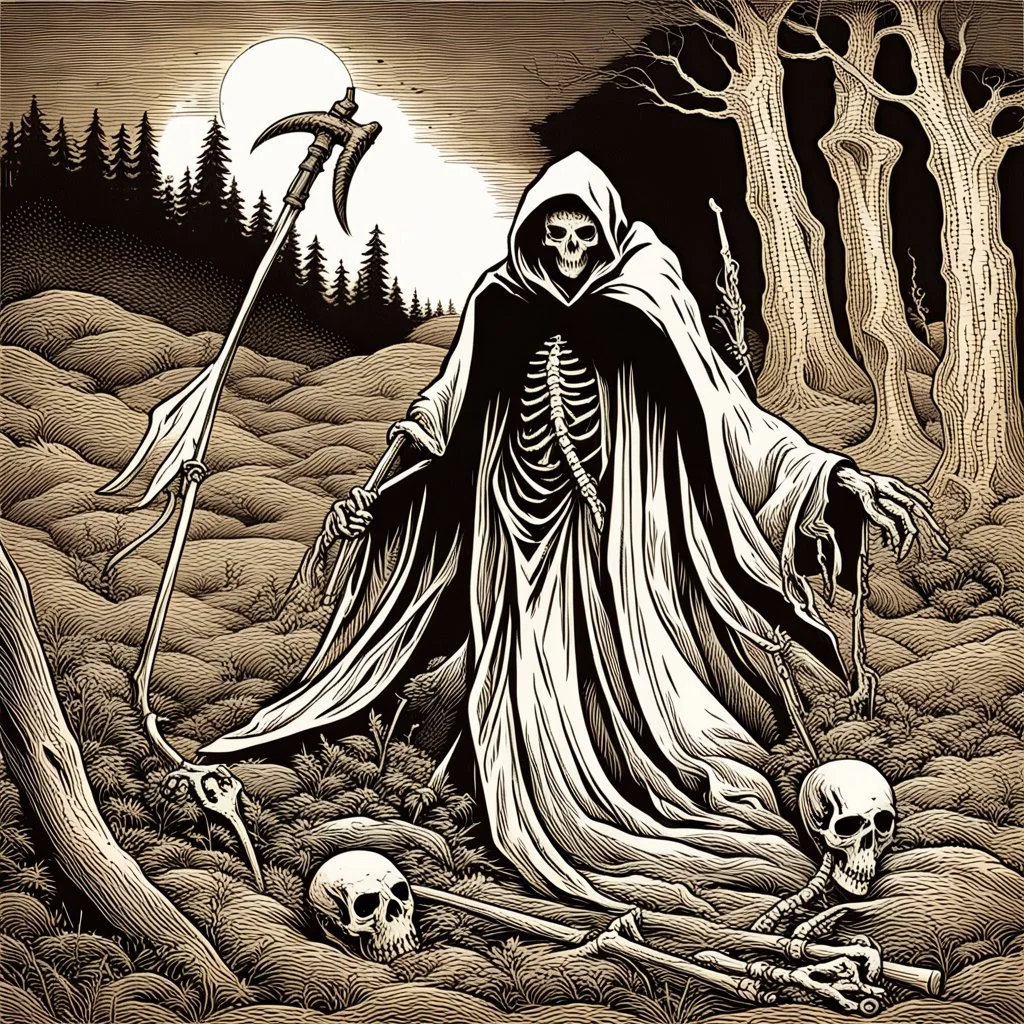
@Scottk817
Prompt
Death is frequently imagined as a personified force. In some mythologies, a character known as the Grim Reaper (usually depicted as a berobed skeleton wielding a scythe) causes the victim's death by coming to collect that person's soul. Other beliefs hold that the spectre of death is only a psychopomp, a benevolent figure who serves to gently sever the last ties between the soul and the body, and to guide the deceased to the afterlife, without having any control over when or how the victim dies.
2 years ago
Model
SDXL
Guidance Scale
12
Dimensions
1024 × 1024
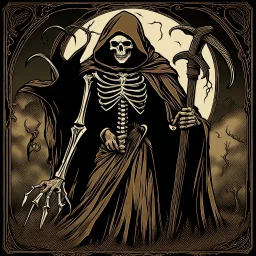
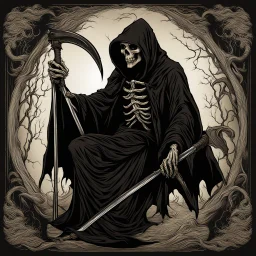
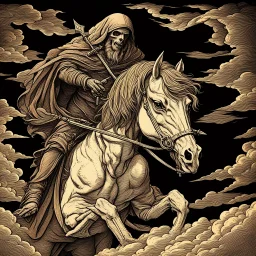
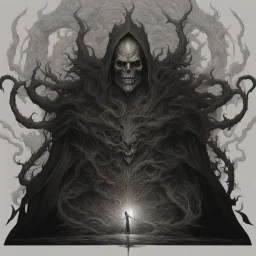
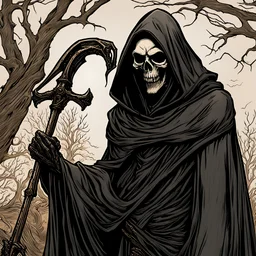
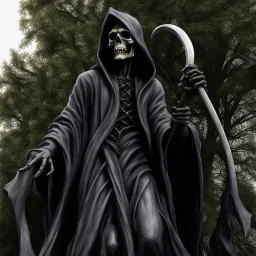
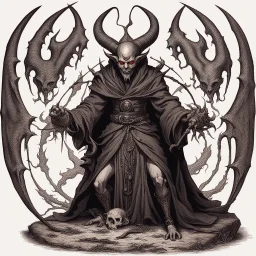
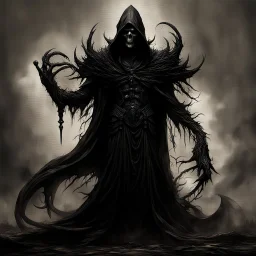
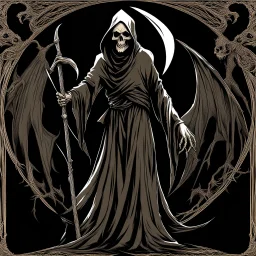
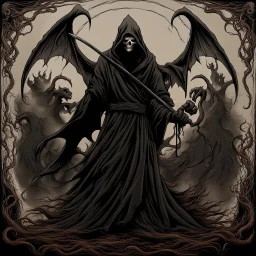
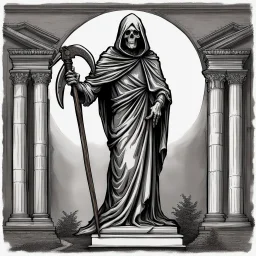
![Belial is a Hebrew word "used to characterize the wicked or worthless". The etymology of the word is often understood as "lacking worth",[4] from two common words: beli- (בְּלִי "without-") and ya'al (יָעַל "to be of value"). Some scholars translate it from Hebrew as "worthless" (Beli yo'il), while others translate it as "yokeless" (Beli ol), "may he have no rising" or "never to rise" (Beli ya'al). Only a few etymologists have believed it to be an invented name from the start.[5] The word occu](https://img.stablecog.com/insecure/256w/aHR0cHM6Ly9iLnN0YWJsZWNvZy5jb20vZmNiZWUzNDUtY2QxOC00NThiLTg1NTgtZWIzODY2MjUwZDNlLmpwZWc.webp)